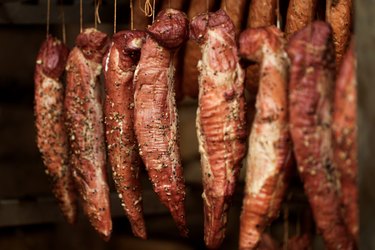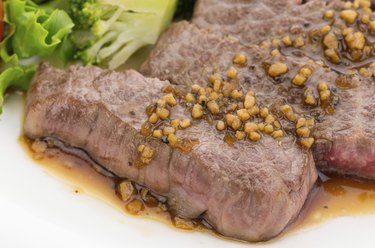At our addiction and recovery page, we understand that addiction is a complex and challenging disease that can affect individuals and families in many different ways. We offer a variety of resources to help you better understand various types of addiction, including information on symptoms, causes and treatment options.
Our team of addiction specialists provides in-depth articles on specific types of addiction, as well as general information on addiction prevention and recovery. We also offer advice on how to cope with the emotional and psychological impact of addiction, as well as information on various addiction resources and support services.
Whether you are dealing with addiction yourself or are supporting a loved one through the process, our addiction and recovery page has something for you. We offer practical tips for managing addiction symptoms and side effects, advice on how to communicate effectively with healthcare providers and information on various addiction resources and support services.



















